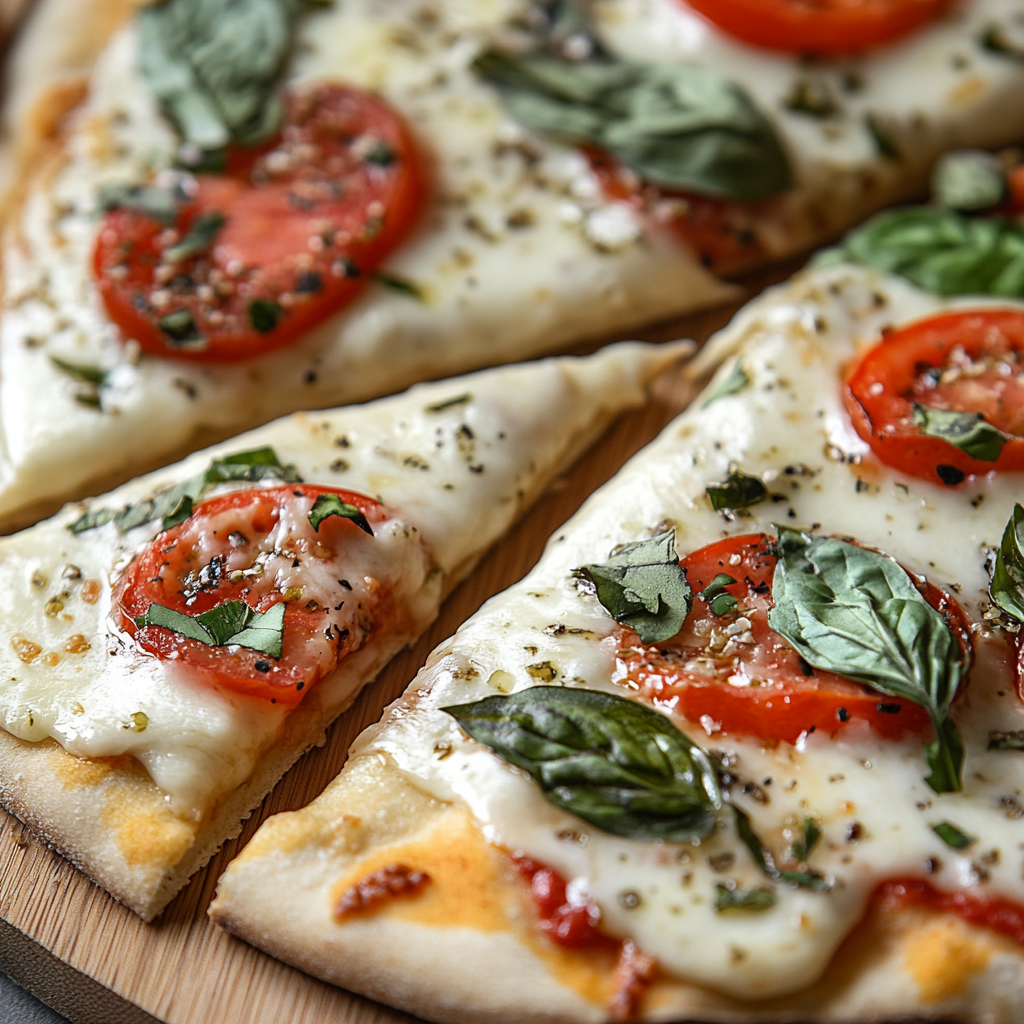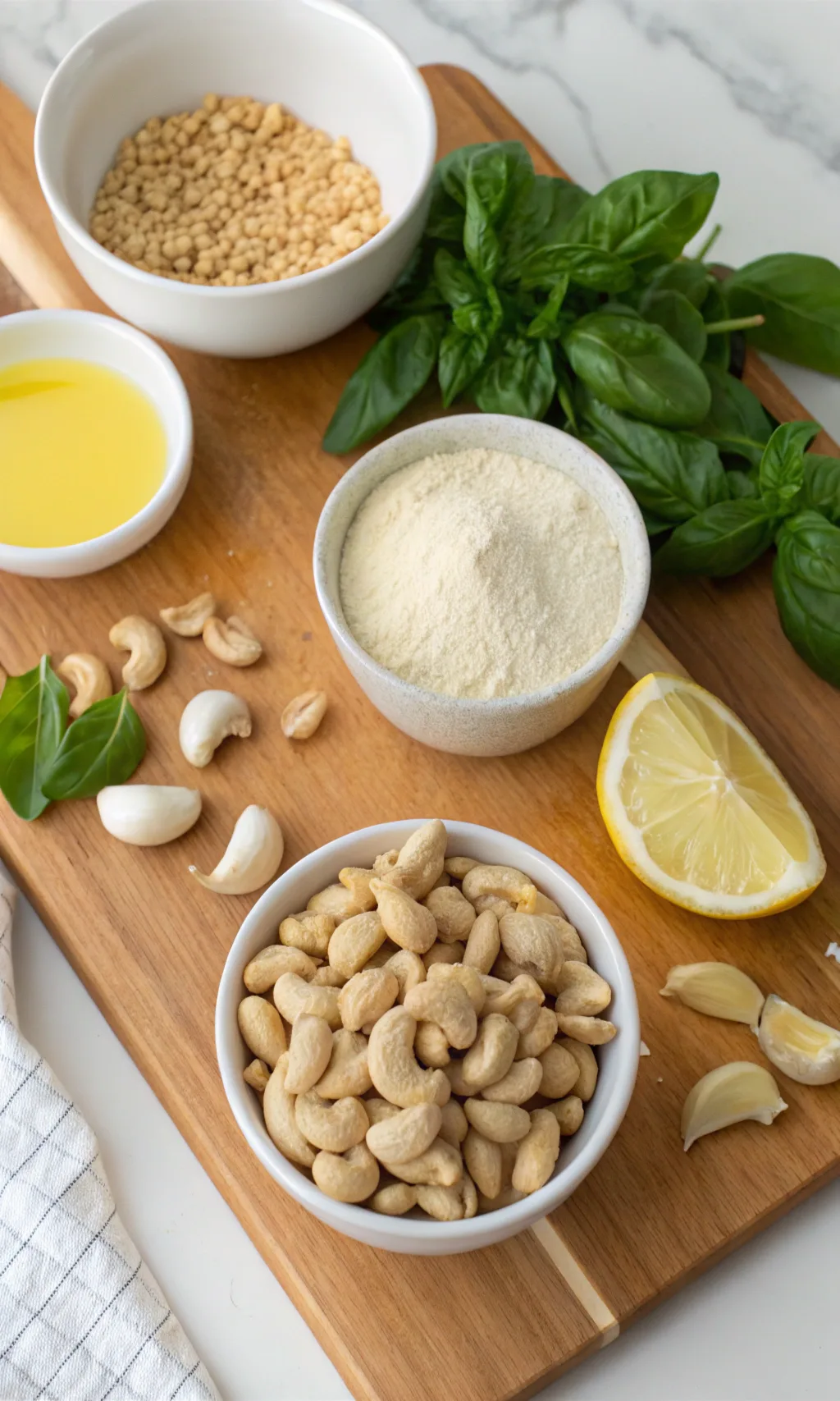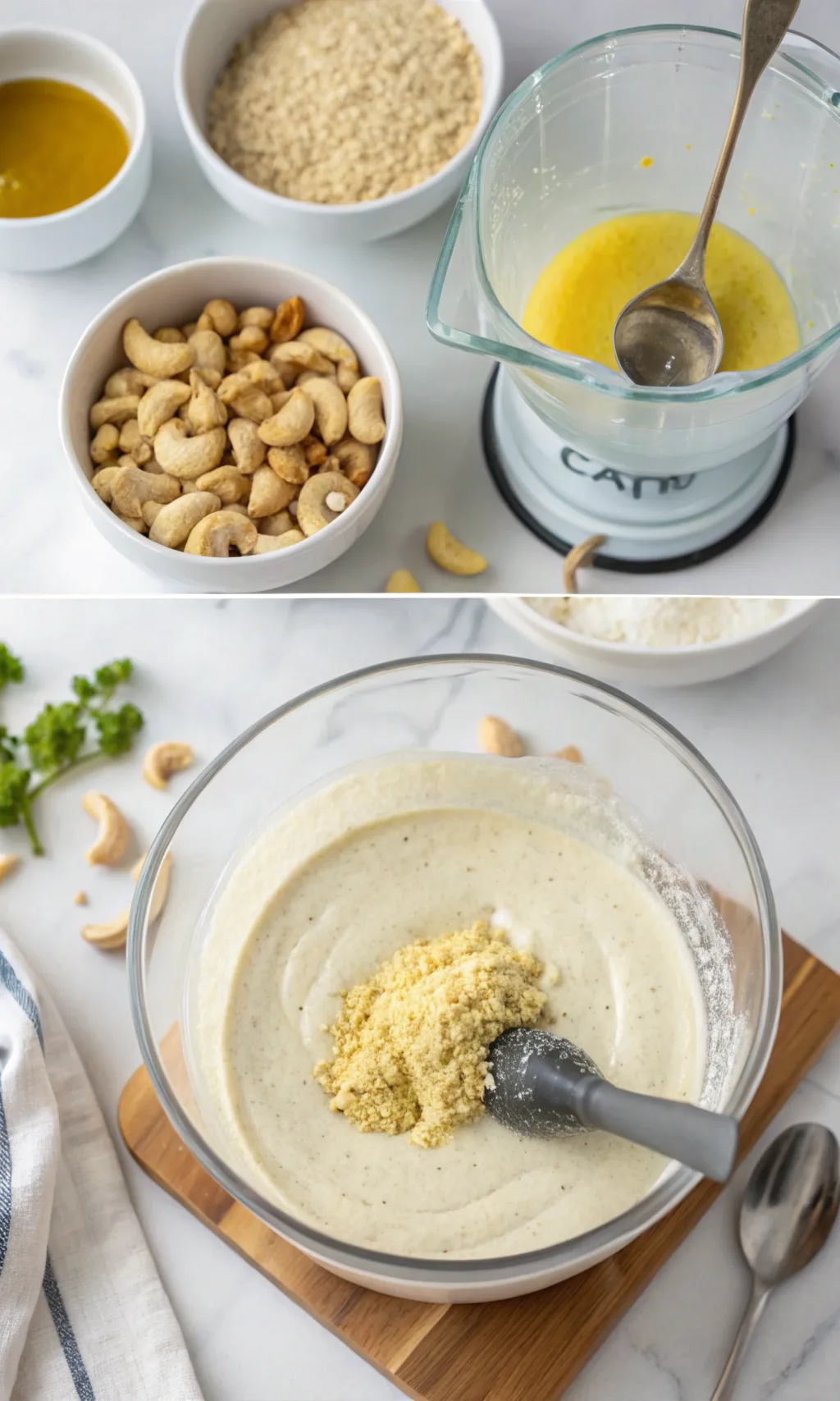Vegan white pizza sauce is a rich, creamy, and flavorful alternative to the traditional dairy-based white pizza sauce. This plant-based version uses simple ingredients to create a comforting and savory sauce that pairs perfectly with pizza. Whether you’re vegan, lactose intolerant, or simply looking for a healthier option, this white sauce brings a delightful twist to your pizza night. In this article, we’ll explore how to make vegan white pizza sauce, its benefits, and how to use it to elevate your pizza recipes.
What is Vegan White Pizza Sauce?
Understanding the Base Ingredients for Vegan White Pizza Sauce
Plant-Based Cream: Instead of dairy cream, coconut cream, cashew cream, or any other plant-based cream substitutes are commonly used to achieve a rich texture.
Nutritional Yeast: Adds a cheesy flavor, making the sauce taste similar to traditional Alfredo or white sauce.
Garlic and Herbs: Essential for adding depth and flavor to the sauce.
Why Choose Vegan White Pizza Sauce?
Health Benefits: Vegan white pizza sauce is lower in saturated fat and cholesterol compared to traditional white sauce made with dairy.
Lactose-Free: Ideal for those who are lactose intolerant or have dairy allergies.
Versatile Flavor Profile: It can be used not only on pizzas but also as a dip or pasta sauce.
Ingredients for Vegan White Pizza Sauce
Key Ingredients for a Creamy Vegan White Pizza Sauce
Cashews or Almonds: When blended, nuts like cashews or almonds give the sauce a smooth, creamy consistency.
Unsweetened Plant Milk: Almond milk, soy milk, or oat milk are perfect options to keep the sauce creamy without dairy.
Olive Oil: Adds richness and flavor to the sauce.
Optional Ingredients for Added Flavor
Lemon Juice: A touch of acidity to balance the richness.
Onion Powder: Adds a savory depth to the sauce.
Vegan Parmesan: For extra cheesy flavor.
How to Make Vegan White Pizza Sauce
Step 1: Soak the Cashews (or use store-bought cashew cream)
Soaking cashews overnight helps to soften them, making it easier to blend into a smooth sauce. Alternatively, you can use pre-made cashew cream if you’re in a hurry.
Step 2: Blend the Ingredients Together
Combine soaked cashews (or store-bought cream), plant milk, olive oil, garlic, lemon juice, salt, and pepper into a blender. Blend until smooth and creamy.
Step 3: Heat the Sauce
Transfer the blended mixture to a saucepan over medium heat. Stir frequently to avoid burning, and let it simmer until it thickens to your desired consistency.
Step 4: Adjust to Taste
Taste the sauce and adjust the seasoning, adding more salt, garlic, or lemon juice as needed.
Best Uses for Vegan White Pizza Sauce
Pizza
Traditional White Pizza: Use this sauce in place of marinara on your pizza for a creamy, rich base.
Veggie Pizza: Pairs wonderfully with vegetables like spinach, artichokes, mushrooms, and onions.
Pasta
Vegan Alfredo Pasta: Use the vegan white pizza sauce as a base for a dairy-free Alfredo pasta.
Mac and Cheese: Mix the sauce with pasta and a sprinkle of nutritional yeast for a creamy, cheesy texture.
Dips
Garlic Bread Dip: Serve this sauce as a dip for breadsticks or garlic bread for a savory treat.
Tips and Tricks for Perfect Vegan White Pizza Sauce
How to Achieve the Perfect Consistency
Thin it Out: If the sauce is too thick, add more plant milk to reach your desired consistency.
Thicken it Up: If the sauce is too thin, simmer it for a few more minutes or add a small amount of flour or cornstarch to thicken it.
Flavor Adjustments
Herb Variations: Experiment with different herbs like thyme, rosemary, or basil for a unique flavor profile.
Spice It Up: Add a pinch of cayenne pepper or red pepper flakes for a spicy kick.
Vegan White Pizza Sauce vs. Traditional White Sauce
Nutritional Comparison
Vegan white pizza sauce typically contains fewer calories and is cholesterol-free compared to its dairy counterpart.
It’s also richer in healthy fats, especially when made with ingredients like nuts or avocado.
Taste Comparison
Vegan white sauce has a distinct flavor that is creamy and rich, yet lighter and fresher than traditional white sauce.
It lacks the heavy, milky flavor of dairy sauce but retains the same luxurious texture.
Common Mistakes to Avoid When Making Vegan White Pizza Sauce
Over-Blending the Sauce
Blending too long can cause the sauce to become too thin. Make sure to stop once you reach a smooth, creamy consistency.
Using the Wrong Type of Plant Milk
Avoid using sweetened plant milk as it can alter the flavor profile of the sauce. Stick to unsweetened varieties for the best results.
Vegan White Pizza Sauce Recipe Variations
Spicy Vegan White Pizza Sauce
Add chili flakes or jalapeño for a spicy kick that contrasts beautifully with the creamy texture.
Lemon and Basil White Pizza Sauce
Add fresh basil and a dash of lemon zest for a fresh, zesty flavor.
Cashew-Free Vegan White Pizza Sauce
If you’re allergic to cashews, substitute with sunflower seeds or hemp seeds for a creamy texture.
FAQs About Vegan White Pizza Sauce
Can I freeze vegan white pizza sauce?
Yes, you can freeze vegan white pizza sauce in an airtight container for up to 3 months. When ready to use, simply thaw and reheat.
Can I use this sauce on gluten-free pizza?
Absolutely! This sauce is perfect for gluten-free pizza, as it’s both dairy-free and gluten-free.
Is vegan white pizza sauce as creamy as dairy-based white sauce?
Yes, with the right ingredients, vegan white pizza sauce can be just as creamy and flavorful as traditional dairy-based white sauce.
How long does vegan white pizza sauce last in the fridge?
Vegan white pizza sauce can be stored in the fridge for up to 5 days in an airtight container.
Can I use this sauce in other dishes besides pizza?
Yes, this versatile sauce can be used in pasta, casseroles, and even as a dip for veggies or breadsticks.
How can I make the sauce thicker?
If you want a thicker sauce, add a small amount of cornstarch or flour to the sauce as it simmers.
Conclusion: Vegan white pizza sauce is a fantastic way to enjoy a creamy, dairy-free alternative to traditional pizza sauces. With its simple ingredients and versatility, you can use it in a variety of dishes beyond pizza. Whether you’re a seasoned vegan or just looking to try something new, this sauce will add a rich, savory flavor to your meals.



